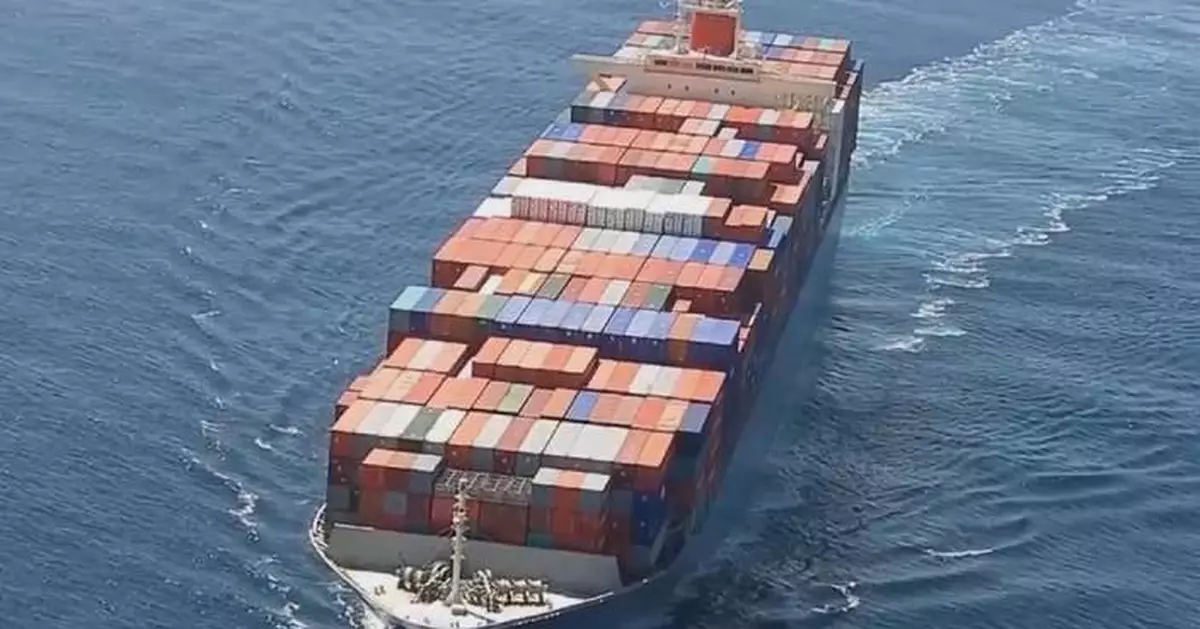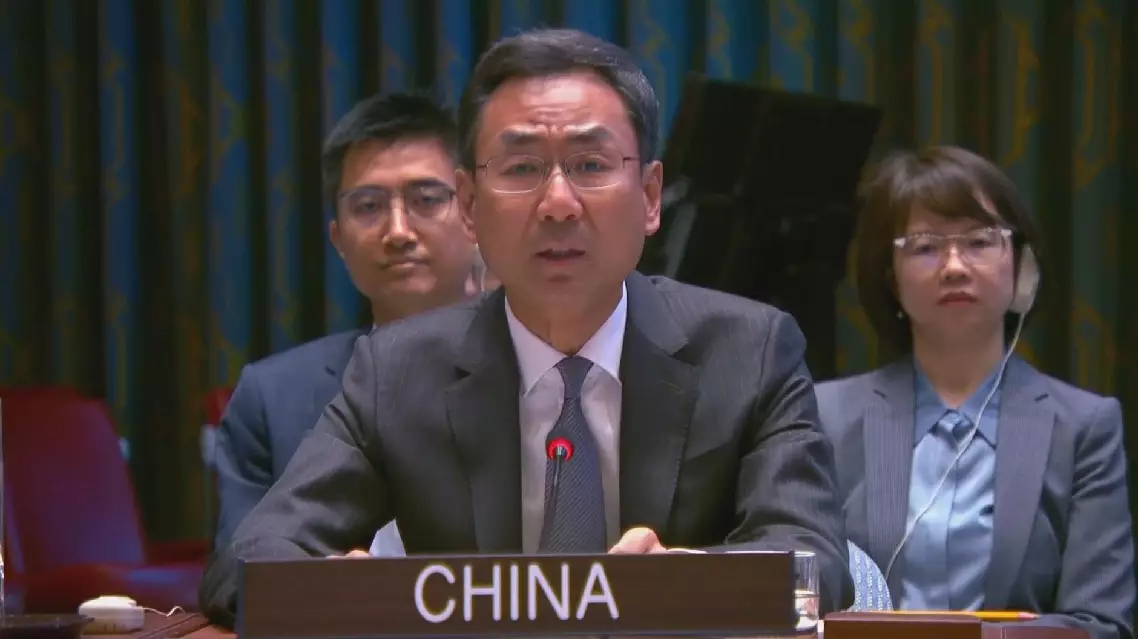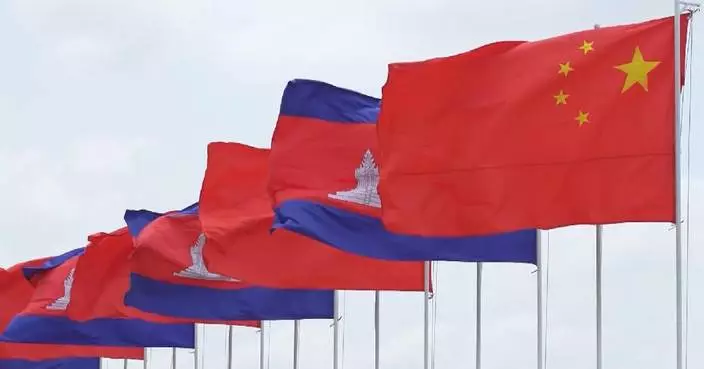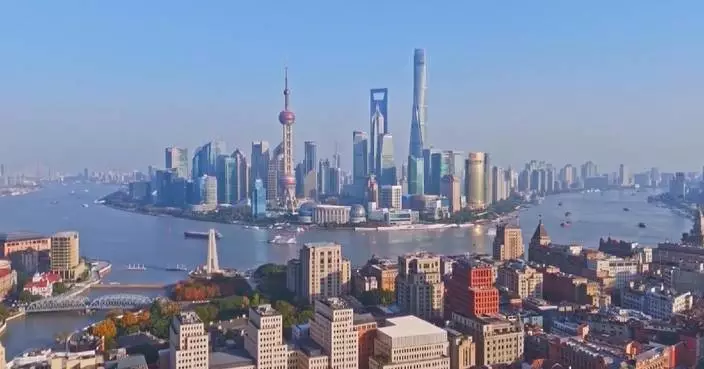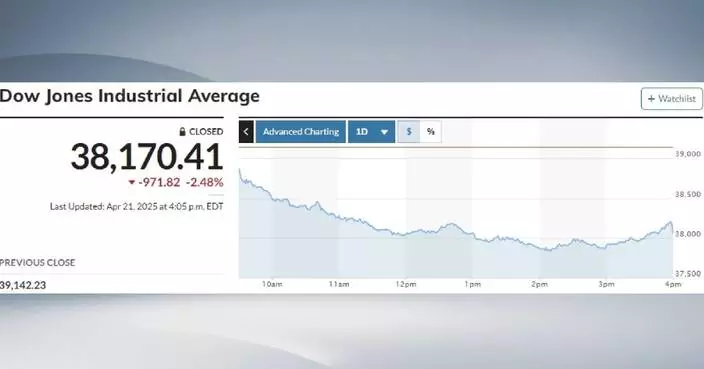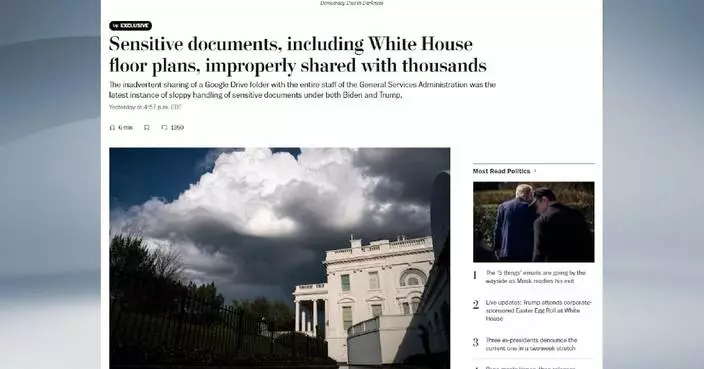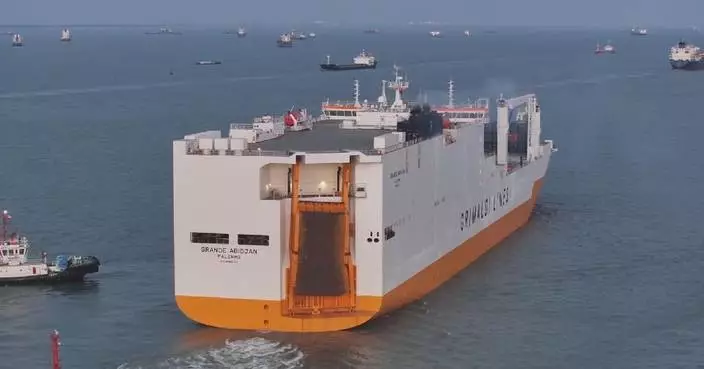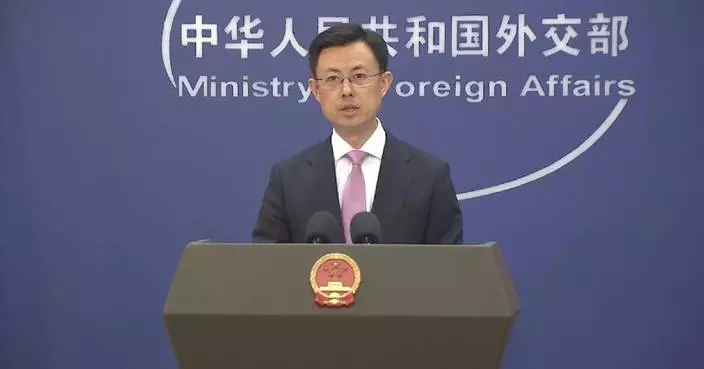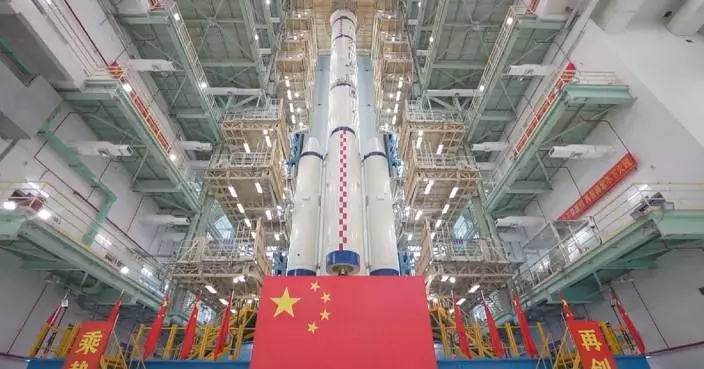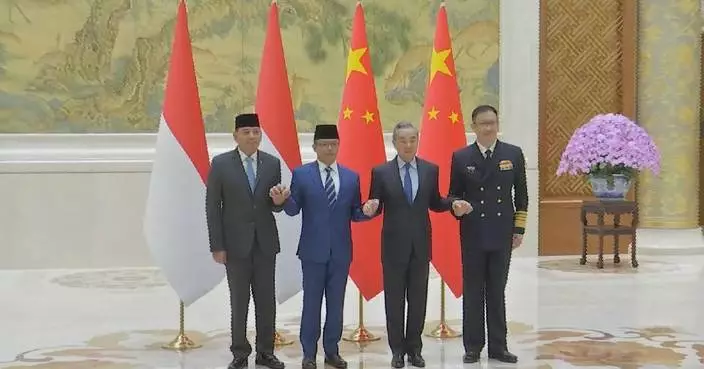As mounting U.S. tariffs reshape global trade flows, Chinese economic experts and industry insiders emphasize the need for government and societal support to help export-oriented enterprises pivot to new markets for sustained business growth.
In recent years, China has gradually reduced its reliance on the U.S. market, with the share of exports to the U.S. falling from 19.2 percent in 2018 to 14.7 percent in 2024. However, the ongoing escalating trade tensions generate new pressing concerns for Chinese export companies.
In 2024, China's total exports to the U.S. reached 524.6 billion U.S. dollars, with electronics products such as smartphones and computers representing one major category and labor-intensive industries including textiles, toys, and clothing making up another.
The challenges remain significant for those labor-intensive sectors, which are crucial for employment. Tu Xinquan, dean of the China Institute for WTO Studies at the University of International Business and Economics, has called for efforts to help these companies find new buyers.
"These products may not appear high-end, but their export value is substantial. Moreover, they employ a massive workforce, as they are labor-intensive. Enterprises are facing many difficulties, and from a government perspective, short-term assistance is essential -- whether through legal support or logistical relief -- to alleviate business burdens. In the long run, the focus should be on helping businesses expand their sales channels," said Professor Tu.
In Shantou, Guangdong Province -- a hub for textile manufacturing -- helping local businesses expand into overseas markets has become a top priority for the local textile industry association.
Some companies are conducting field research in Dubai, the United Arab Emirates, aiming to tap further into the Middle Eastern market.
"This is our third year coming abroad. As you can see, this is a wholesale market in Dubai, where many products from China are sold. Through this, we're expanding our reach to Europe and Belt and Road countries. We've also brought back many advanced fabrics this time," said Yu Shaofen, Secretary-General of the Shantou Textile and Garment Industry Association.
According to Yu's research, Dubai's convenient transportation, youthful population (45 percent of which is under 30), and openness to new materials and products have solidified businesses' confidence in continuing their market expansion efforts.
"We have kept going abroad. We will remain committed to enhancing our products and services and deepen our efforts in Belt and Road countries, " said Yu.
With the China-U.S. trade friction showing no signs of easing, Chinese experts warn that industries must be ready to diversify their markets. While the U.S. remains the largest single market for China, many untapped or under-explored markets still hold significant potential, they said.
"If the U.S. insists on maintaining such high tariffs, it will be very difficult for Chinese companies to access the American market. We will have to look for new markets. The U.S. now accounts for less than 15 percent of our total exports. Of course, it's still large -- it's the biggest single market -- but compared to the rest of the world, it's not as significant. So, there is still room [for market expansion]," said Professor Tu.
In response to the challenges, many industry associations are taking proactive steps to help businesses navigate difficulties and expand into new markets.
Earlier this week, the China International Medical Equipment Fair in Shanghai attracted 5,000 domestic and international exhibitors, with the China-Asia Economic Development Association (CAEDA) setting up a special exhibition to assist enterprises in exploring new markets.
"Against the backdrop of current international trade frictions, our association has established a dedicated Middle East division. We've found strong alignment -- whether it's the policies and reform needs in the Middle East or Chinese companies' technological strengths and distribution channels. We encourage companies in renewables, emerging sectors, and high-tech industries to explore these opportunities boldly," said Wang Xiaoqian, chief representative of CAEDA Middle East Affairs Division.
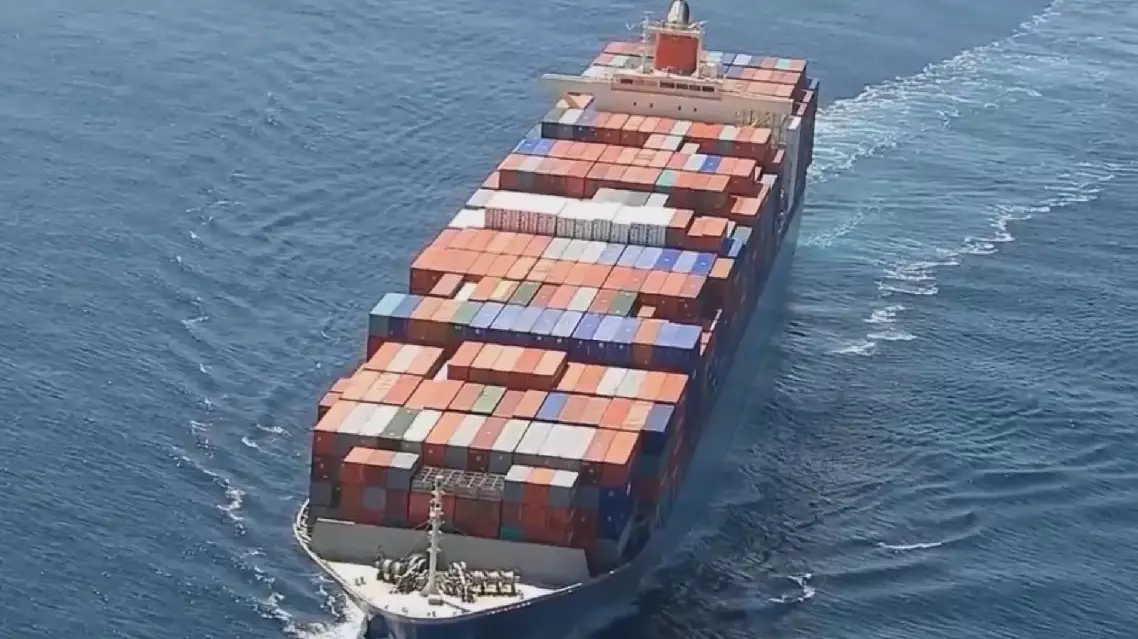
Experts urge support for exporters to explore new markets amid tariff shock


